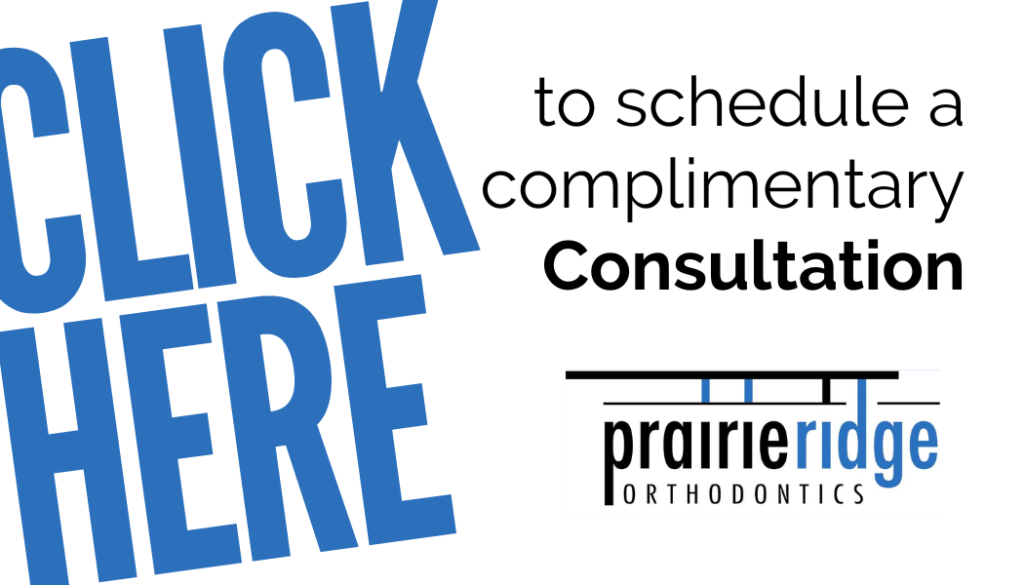
If you've recently attended a playdate or a school event and noticed that your friend's child is proudly sporting a set of braces, you might be wondering why your little one hasn't hopped on the orthodontic train just yet. Fear not! There's a method to the orthodontic madness, and today, we're diving into the world of early orthodontic treatment.
So, why might your friend's child be rocking braces while yours is still brace-free? The concept of two phases of orthodontic treatment might hold the key. In some cases, it's beneficial to start with early intervention, addressing specific issues when a child is around 7 years old. This helps in cases where guidance is required for the growth and development of the jaw and facial structures.
A second phase of treatment may be necessary at a later age, once all the permanent teeth have erupted. The goal is to treat at specific times to reduce the need for more complicated treatments, including extractions or surgeries to uncover impacted teeth. The good news is that, for most kids, two-phase treatment will not be needed. Dr. Loveless and his team take a very conservative approach, understanding that every smile is unique, and not all little teeth need an early tune-up. Instead, they opt for a wait-and-watch approach, intervening only when necessary. It's all about giving your child the right treatment at the right time.
Now, you might be curious about those magical-sounding devices called palatal expanders that typically accompany early treatment. These nifty contraptions work wonders on young children because their growing bones are more malleable. If your child needs an expander, it is likely to be recommended during the early orthodontic phase. These devices gently widen the upper jaw, creating more space for teeth to come in properly and preventing future crowding issues.
The key takeaway here is that every child's orthodontic journey is unique, and there's no one-size-fits-all solution. Dr. Jeff Loveless and his team at Prairie Ridge Orthodontics understand the importance of personalized care and take pride in offering conservative approaches that prioritize your child's long-term dental health.
So, if you’re wondering why your friend's child has braces and yours doesn't, don't fret. Embrace the uniqueness of your child's smile, and trust that Dr. Loveless has their best interests at heart. When the time is right, we will guide your little one toward a radiant, confident smile – no rush, just the right touch of care.
By the way, a common orthodontic misconception is that you need a referral from your dentist to bring your child in for an evaluation. We will gladly schedule your complimentary consultation at any time, and no referral is necessary. We believe everyone benefits from an initial visit at age 7, if for no other reason than the "peace of mind" regarding your child's smile.
Here's to happy smiles, unique journeys, and the expert hands of Dr. Jeff Loveless and his team at Prairie Ridge Orthodontics
Click below or call us at (507) 451-5993 to schedule a complimentary consultation. We can’t wait to meet you!
